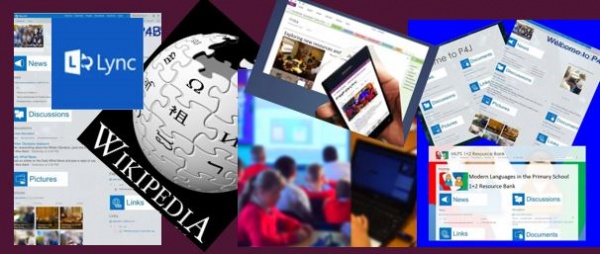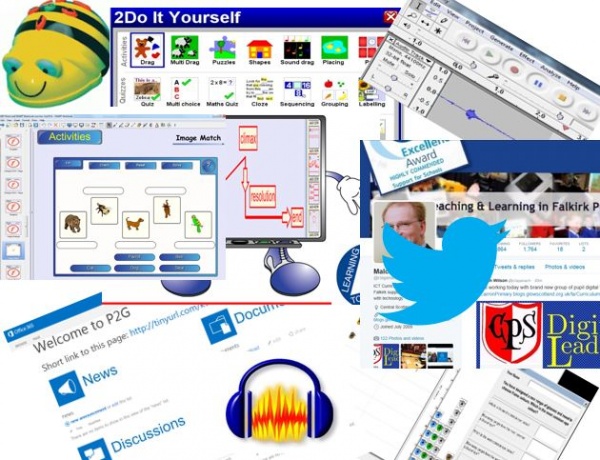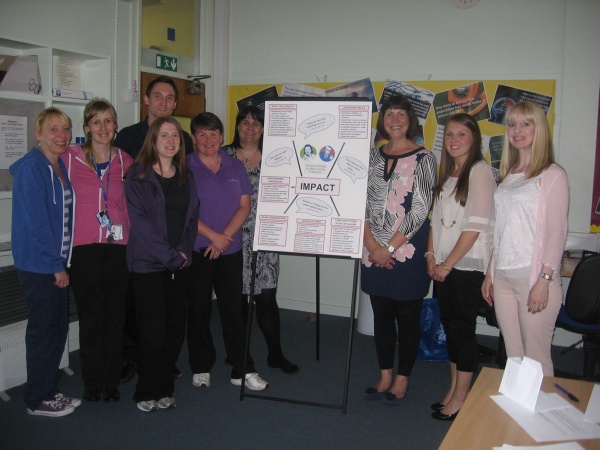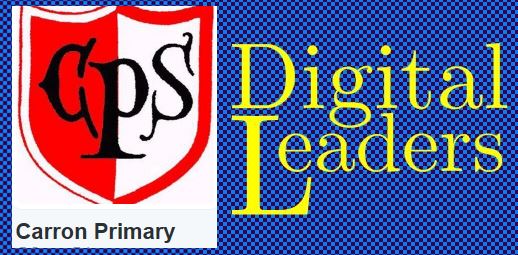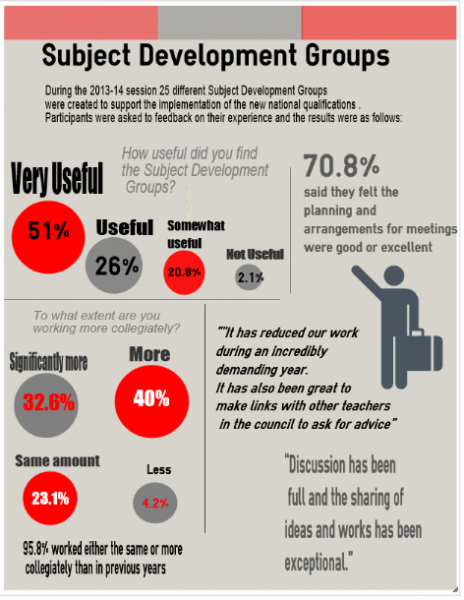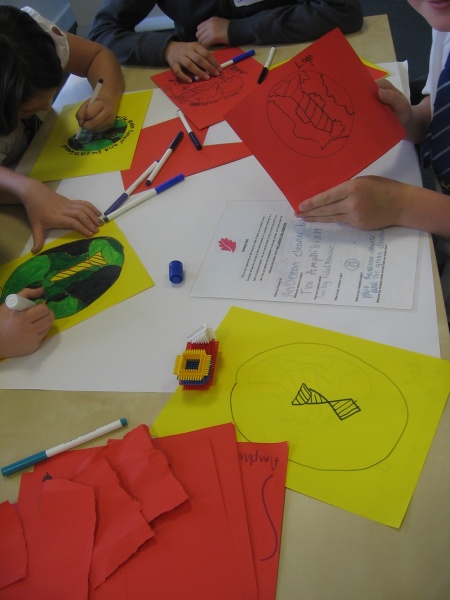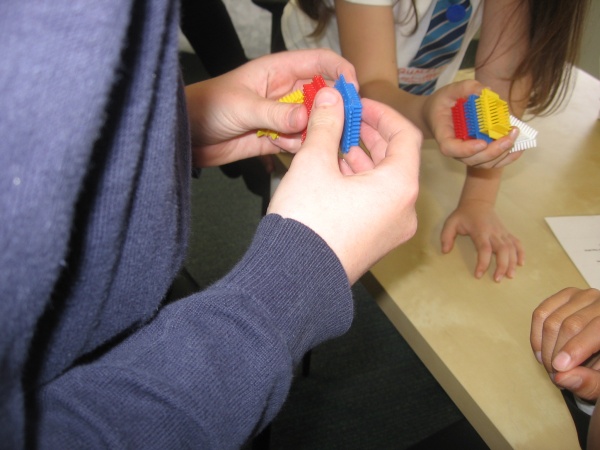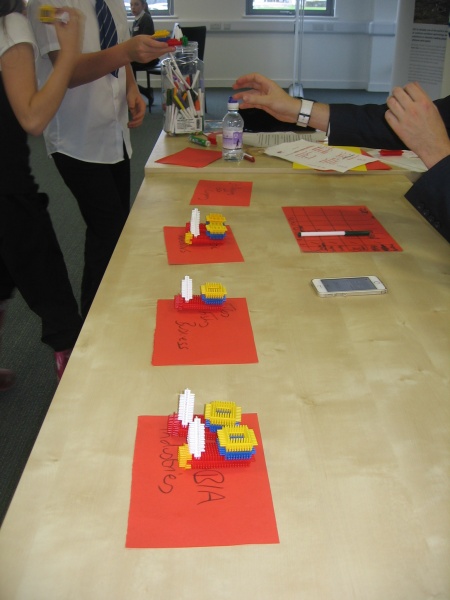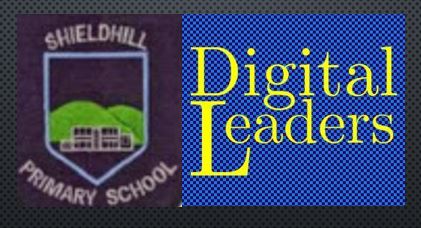 Malcolm Wilson, ICT Curriculum Development Officer within the Curriculum Support team of Service and School Improvement, Falkirk Council Education Services, supported a session with the Digital Leaders group of pupils in Shieldhill Primary School.
Malcolm Wilson, ICT Curriculum Development Officer within the Curriculum Support team of Service and School Improvement, Falkirk Council Education Services, supported a session with the Digital Leaders group of pupils in Shieldhill Primary School.
These pupils are being supported for them to then support classes around the school in the use of technologies in their classrooms. They are led by teacher Chiara Sportelli. This session let the pupils explore different apps within a specially created SharePoint site for them in Microsoft Office 365 (which is accessed via their Glow username).
This included the use of a picture gallery, a discussion app (which provides the facility for pupils sharing work with the teacher who has set the work, and for asking questions in a controlled class environment – that’s the point of the discussion page in Glow for each class, where the teacher can set the task, the pupils can attach their work, ask questions, and peers or the teacher respond in the confines of a private class area), weblink sharing, and a document store (where documents were created using Microsoft Word Online as part of Office 365, meaning that the document can be created online without need for the software to be installed on the PC or mobile device).
The pupils then shared their documents with each other, inviting their peers to comment and add comments to the documents online. Then they all collaborated on the same document online all at the same time from their own PCs – and there were squeals of surprise when they could all see the same document being edited in front of their eyes with different coloured flags appearing on screen to show who was editing the different parts of the document!
 The pupils then used a collaborative OneNote file which had been created in their online space – each pupil created their own page within this online ring-binder tool and added their thoughts on what they felt their contribution could be in taking the group forward in supporting the use of technologies in Shieldhill Primary School. OneNote works online or via a deskop PC or a mobile device (and is also part of the suite of tools included for all users of Glow). For more information about OneNote click here.
The pupils then used a collaborative OneNote file which had been created in their online space – each pupil created their own page within this online ring-binder tool and added their thoughts on what they felt their contribution could be in taking the group forward in supporting the use of technologies in Shieldhill Primary School. OneNote works online or via a deskop PC or a mobile device (and is also part of the suite of tools included for all users of Glow). For more information about OneNote click here.
More information about Digital Leaders can be found here: https://blogs.glowscotland.org.uk/fa/ICTFalkirkPrimaries/2014/04/23/pupils-as-digital-leaders/

